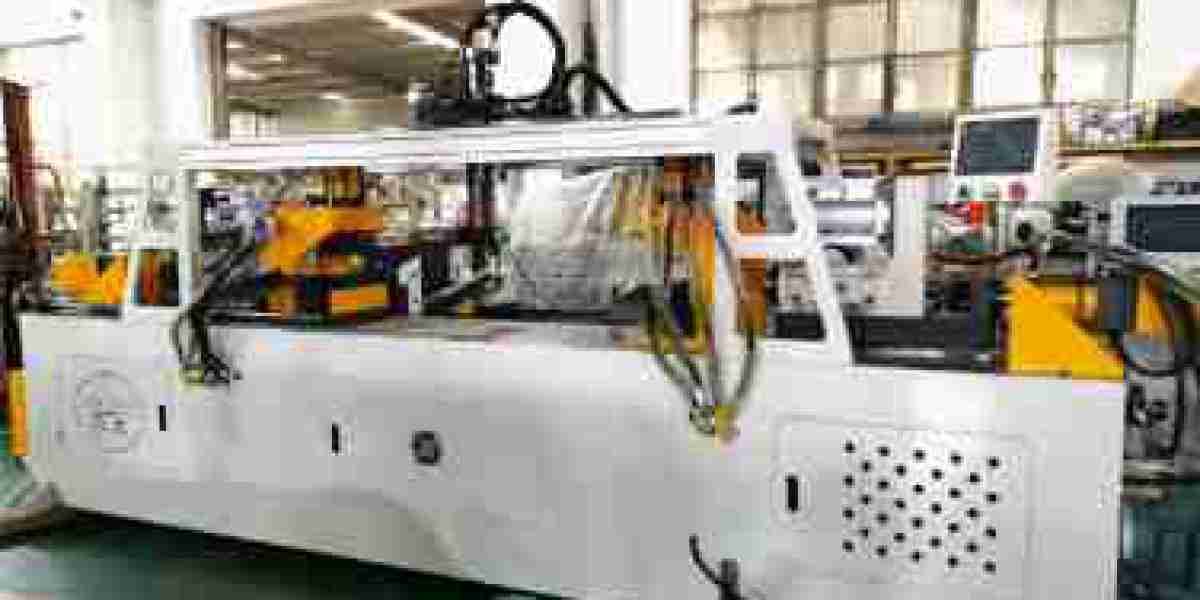Understanding Premature Birth
A premature baby is born before 37 weeks of gestation, often requiring immediate and ongoing medical attention. Premature infants may experience:
- Underdeveloped organs, such as the lungs and heart.
- Low birth weight and challenges with regulating body temperature.
- Difficulties with feeding and digestion.
- A heightened risk of infections and complications.
Neonatology specialists, supported by neonatal intensive care units (NICUs), provide tailored care to address these issues, helping premature infants overcome obstacles and build a foundation for healthy growth.
The Role of Neonatology Specialists
Neonatologists are pediatricians with specialized training in caring for newborns, particularly those born prematurely or with medical complexities. Their primary focus is ensuring the survival and well-being of premature infants through:
- Monitoring and Stabilization
The first step in caring for premature infants is stabilizing their condition. This includes monitoring vital signs such as heart rate, breathing, and oxygen levels. Advanced equipment like ventilators and incubators is often used to: - Provide respiratory support for underdeveloped lungs.
- Maintain a stable body temperature in a controlled environment.
- Deliver precise amounts of nutrients and fluids via intravenous (IV) lines.
- Lung Development and Respiratory Support
Premature babies often struggle with breathing due to immature lungs. Neonatologists use various techniques to support respiratory function, including: - Continuous Positive Airway Pressure (CPAP) machines to keep airways open.
- Mechanical ventilators for severe cases.
- Administering surfactant therapy to improve lung function and oxygen exchange.
- Nutritional Care
Proper nutrition is critical for growth and development, but premature infants may be unable to feed orally. Neonatology specialists ensure that babies receive adequate nutrition through: - Total Parenteral Nutrition (TPN), which delivers nutrients directly into the bloodstream.
- Gradual introduction of milk, either breast milk or specialized formulas, to support digestion and weight gain.
- Preventing and Managing Infections
Premature infants have immature immune systems, making them vulnerable to infections. Neonatologists implement strict infection control measures, such as: - Maintaining a sterile NICU environment.
- Administering antibiotics or antiviral medications when necessary.
- Regularly monitoring for signs of infections to ensure early intervention.
- Developmental Support
Beyond physical health, neonatologists focus on long-term developmental outcomes. They work to minimize stress and provide comfort for premature infants through: - Kangaroo care (skin-to-skin contact) to promote bonding and stabilize vital signs.
- Positioning techniques and gentle handling to support musculoskeletal development.
- Collaboration with occupational and physical therapists to address developmental needs.
The Family’s Role in the NICU
Neonatologists recognize that the emotional and psychological well-being of the family is integral to a baby’s care. They work closely with parents to:
- Educate them about their baby’s condition and care plan.
- Encourage involvement in caregiving activities, such as feeding and holding.
- Provide emotional support and connect families with counseling services or support groups.
Parental involvement not only strengthens the bond between parents and their baby but also contributes to better outcomes for the infant.
Advanced Technology in Neonatal Care
Modern neonatal care relies on cutting-edge technology to monitor and treat premature infants. Some key innovations include:
- High-frequency oscillatory ventilation (HFOV) for delicate respiratory support.
- Brain monitoring systems to track neurological development.
- Automated medication delivery systems to ensure precise dosing of life-saving drugs.
These advancements have significantly improved survival rates and quality of life for premature infants, allowing more families to bring healthy babies home.
The Journey Ahead
The first days in the NICU are only the beginning. Many premature infants require ongoing care to address developmental delays, chronic conditions, or growth challenges. Neonatology specialists continue to support families through:
- Regular follow-ups to monitor progress.
- Guidance on managing feeding, sleep, and developmental milestones.
- Referrals to specialists for vision, hearing, or other concerns.
The journey can be overwhelming, but with the expertise of neonatologists and a supportive care team, premature infants have a brighter chance at thriving.
Conclusion
Neonatology specialists play a pivotal role in the care of premature infants, ensuring their survival and setting the stage for healthy development. Through advanced medical interventions, emotional support, and family-centered care, these dedicated professionals help vulnerable newborns overcome immense challenges in their first days of life.
While the journey can be challenging, the commitment of neonatologists and the resilience of families make it possible for premature infants to grow, thrive, and reach their full potential.
Find top neonatology specialists in Vadodara dedicated to providing expert care for newborns. Compassionate and advanced treatments for your little one's health and well-being.



